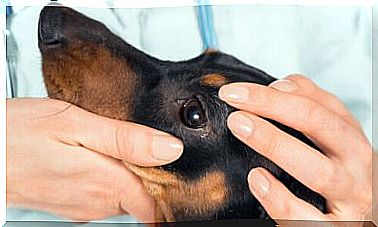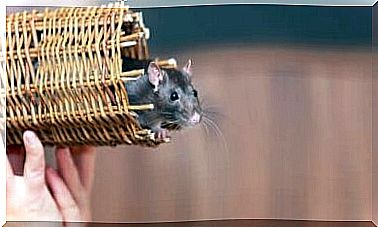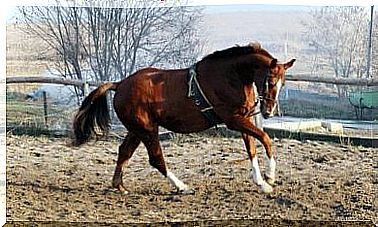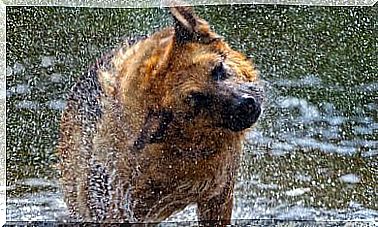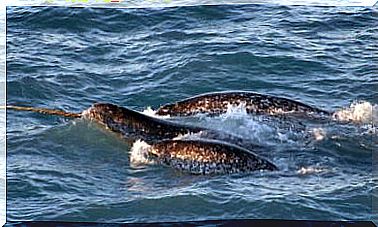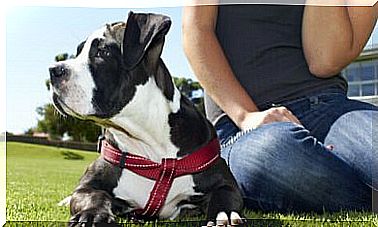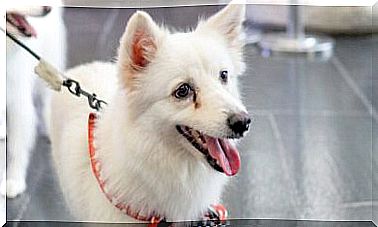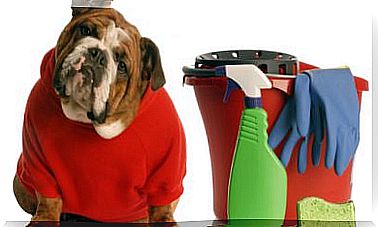10 Secrets Your Dog Won’t Tell You About His Health
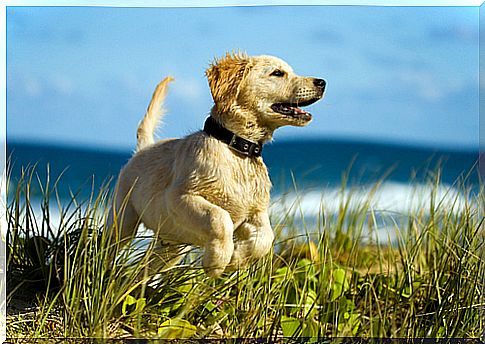
Dogs use different ways to express what happens to them. By deciphering their body language, you can access the canine universe and especially the health problems they may suffer from. However, there are some inconveniences that can cause a lot of damage to your four-legged friend, which he will not point out to you. To prevent any type of ailment, below we share 10 secrets your dog won’t tell you about his health.
10 secrets your dog won’t tell you about his health
1. I can’t stand loud noises: Dogs get frightened when they hear sounds at very high levels. Humans have created a sound environment that seriously affects not only people, but animals as well. In fact, if humans perceive sounds between 20-20,000 Hz, dogs perceive double the volume, up to 55,000 Hz. Try not to go with your pet to places where the sound is too loud, and avoid noises around the house that could affect their health.
2. Don’t correct me for the growl: Many times your pet may growl to let you know that he feels threatened. Don’t forget that dogs communicate with their growls. These expressions can mean that your little friend is stressed or, in fact, is feeling threatened. If you try to correct his growl, what you will get is nothing more than increasing the fear he feels.
3. I’m older now, my nervous system is more sensitive than when I was young: don’t forget that. Like humans, dogs’ nervous systems become more sensitive as they mature. Things that used to be interesting to them can now turn out to be annoying and stressful. Therefore, avoid walking in noisy and crowded environments. Perhaps at this stage they prefer to stay at home.
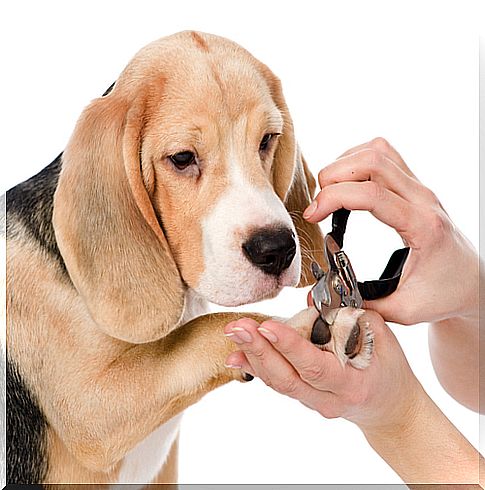
4. No! My uterus too? Ask your vet if your pet’s uterus needs to be removed. A less invasive procedure, such as removal of the ovaries, is often used as an effective method of sterilization.
5. I love the lawn! Dogs really like being on the lawn. He likes to run and stay on those beautiful surfaces for a long time. But beware: animals often eat some grass. Therefore, make sure the place is pesticide-free.
6. No to declawing! It’s not like cutting your nails. Declawing is an invasive technique used in dogs and cats. It consists of a surgery in which the nails of the animals are extracted. As you can imagine, this process is very painful for pets and is not recommended. In very rare cases and for very strong medical reasons, such as a lesion or tumor, a veterinarian may recommend this procedure on dogs’ claws. But it is quite rare for that to happen.
7. My claws are not designed to injure a person or another animal. Dogs can sometimes scratch because they are trying to protect themselves or are playing. In some cases, some pet owners are turning to nail removal because dogs are digging holes in their yard. One thing we need to remember is that animals will do what we let them do. If we take them for walks and regular exercise, they will come home and sleep soundly. Therefore, that kind of painful surgery is not justified in pets.
8. I don’t like that brush! You can purchase any brush or comb at the pet store. However, you should choose the one that best suits your little friend. A bristle brush, for example, removes dead hair. Did you know?
9. Hmm… you’re making me overeat. A balanced diet is a sign of good health. Don’t let your dog beg for food and feed him at least twice a day.
10. Remember, my digestive system is very different from yours. Fruits such as grapes or raisins can damage a dog’s kidneys. Other dangerous foods include chocolate, coffee, nuts, and avocados. If you switch me to a raw diet, I can end up with broken teeth or a bacterial infection. Pay attention to your pet’s diet and choose a food plan that fits his needs.
Learn to listen to your dog
We’ve told you 10 secrets your dog won’t tell you about his health. However, the essential advice we feel we can give you is to learn to listen to your dog and decipher his body’s signals. Even if they are not gifted with words, in fact, our four-legged friends are much more expressive than we think.
